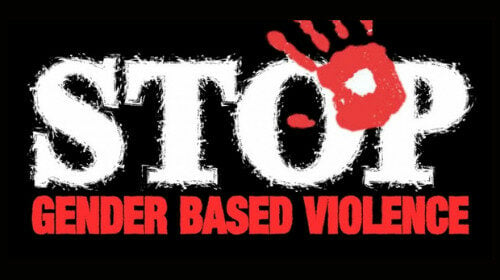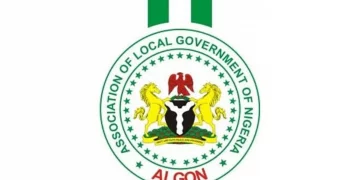The federal government, through the Office of the Head of Civil Service of the Federation, the Church of Nigeria (Anglican Communion) and civil society partners, has called for a holistic and accountable response to end Gender-based Violence (GBV), declaring it a “public sin” that demands immediate action within faith communities and beyond.
The call was made yesterday in Abuja at a stakeholders’ dialogue, titled, “Ways to Ending Gender-based Violence”, organised by the Anglican Compassion and Development Initiative (ACADI) with support from the Ford Foundation.
The head of the Civil Service of the Federation, Mrs Didi Walson-Jack, in her keynote address, challenged religious communities to confront GBV head-on.
Walson-Jack, who was represented by Mrs Deborah Odoh, permanent secretary, Service Policies and Strategies Office, said global statistics on violence against women represent lives marked by pain, fear, and injustice.
She addressed the failure of religious institutions to protect their own, noting, “Too many women and girls, and indeed some men and boys, have suffered abuse within the very spaces that should have offered refuge and redemption. Too often, survivors are told to pray harder, endure for the sake of the family, or forgive and forget.
“Misinterpretations of scripture are sometimes used to justify domination or excuse harm. But let us be clear. Gender-based violence is not a private matter. It is a public sin. It is not cultural. It is moral. It is not the will of God. It is a violation of His image in humanity.”
Also, the national coordinator for ACADI, Mrs Abiodun Ipinmoye, who called for proactive measures to end the menace of gender-based violence, insisted the church must move beyond a culture of silence.
“We are going into the fact that the perpetrator must not be left at large. Survivors must be heard. When people say there is no gender-based violence in the Church, we want to disagree with that, because the people that are in the community perpetrating gender-based violence are the same in the church,” she said.
When asked why the Church of Nigeria prioritises the issue, its dean, Dr Blessing Enyindah, explained that it resulted from a new realisation of the problem’s prevalence.
“It is just that there is a new realisation of what is happening within the society, especially in the family. The Church realised that we should do something. We should not be silent about it,” he said.
The regional director of the Ford Foundation for West Africa, Dr Chichi Aniagolu, linked the fight against gender-based violence to broader social and economic justice.
“Gender-based violence prevents the dignity of women,” she stated, highlighting its crippling impact on women’s ability to participate in political, social, and economic life.
The chairman of ACADI, Prof Adesegun Fatusi, stressed the importance of involving youth.





